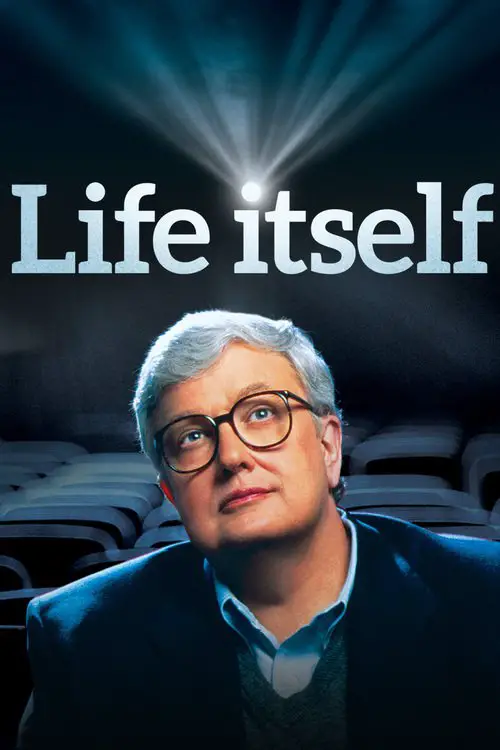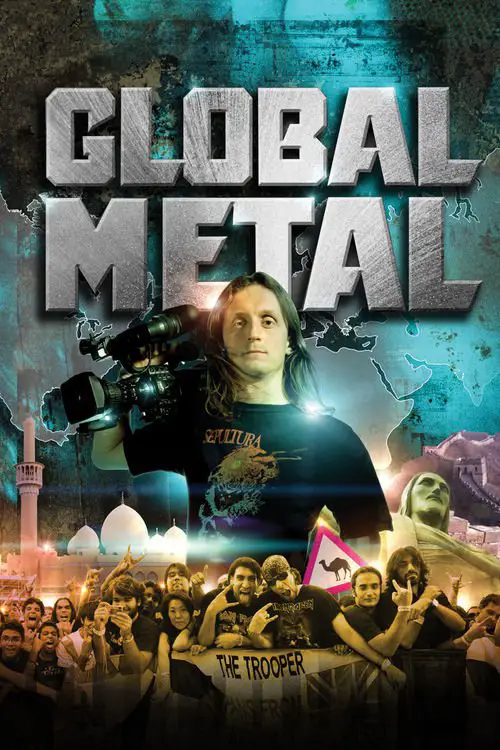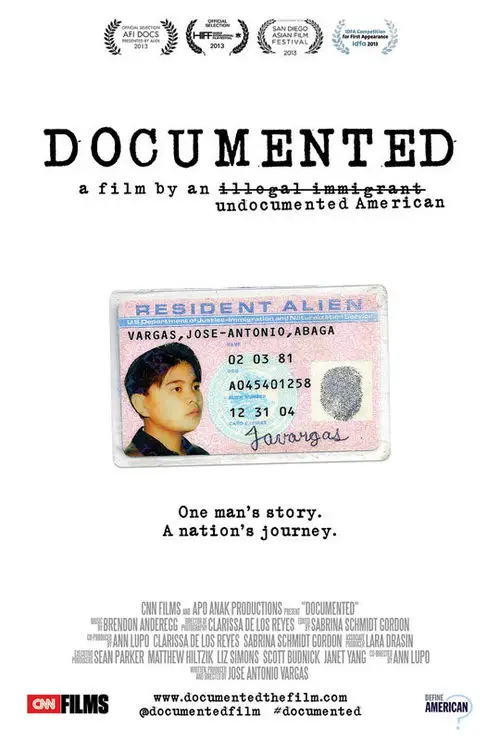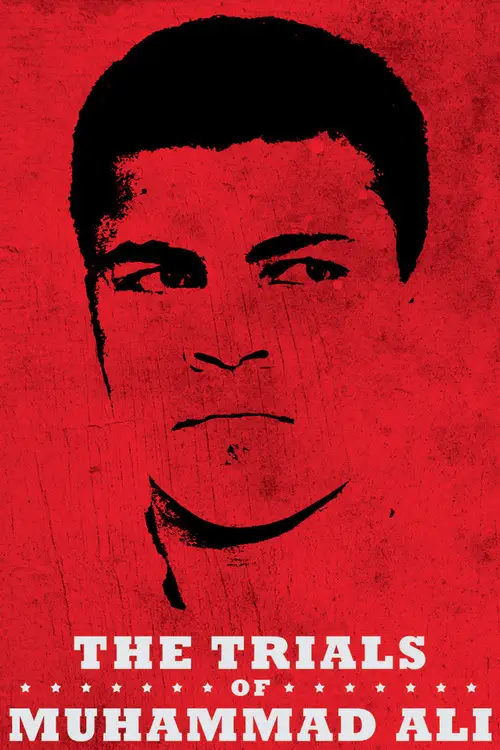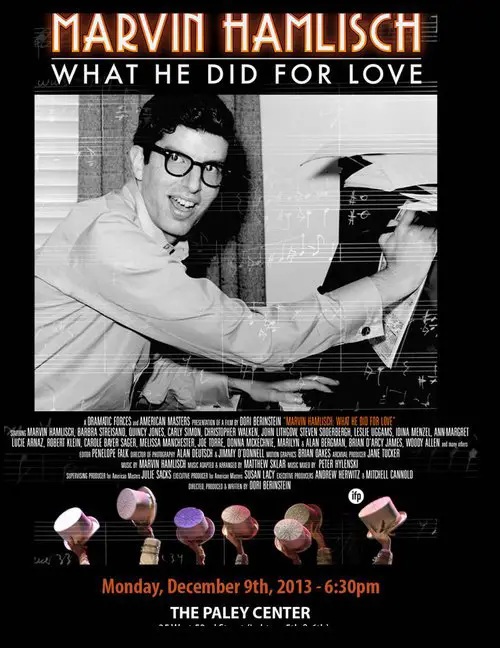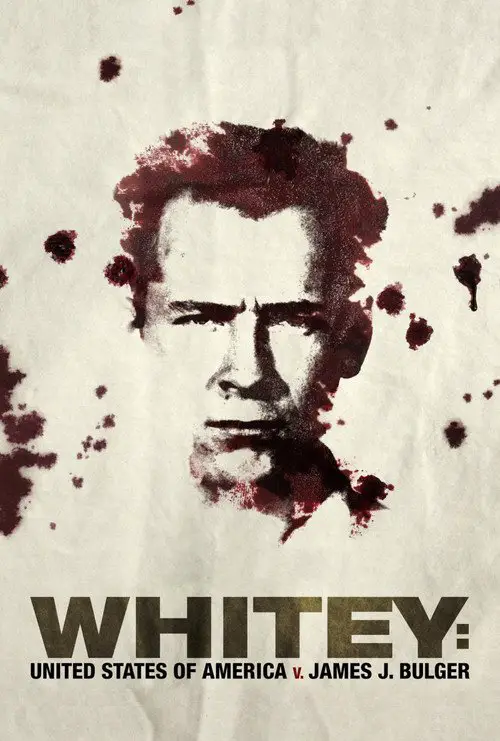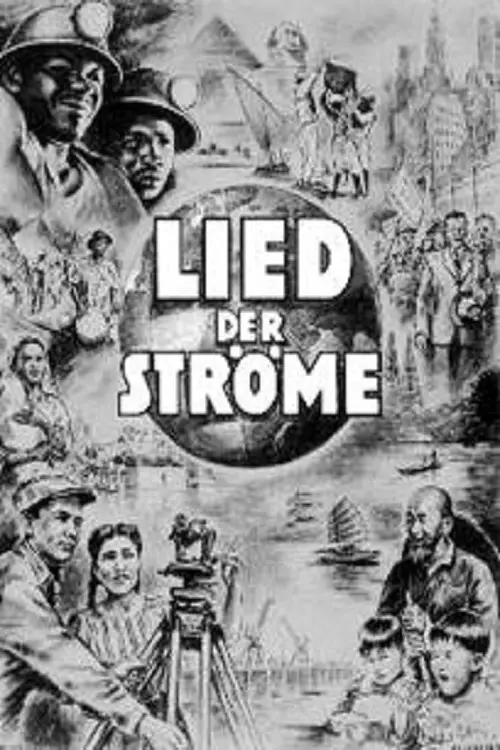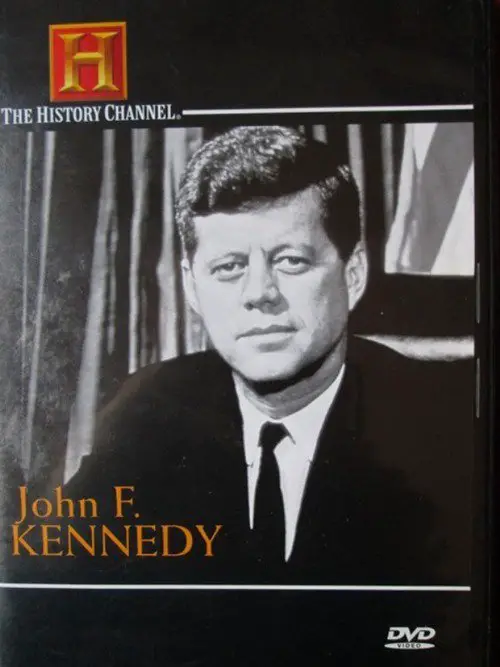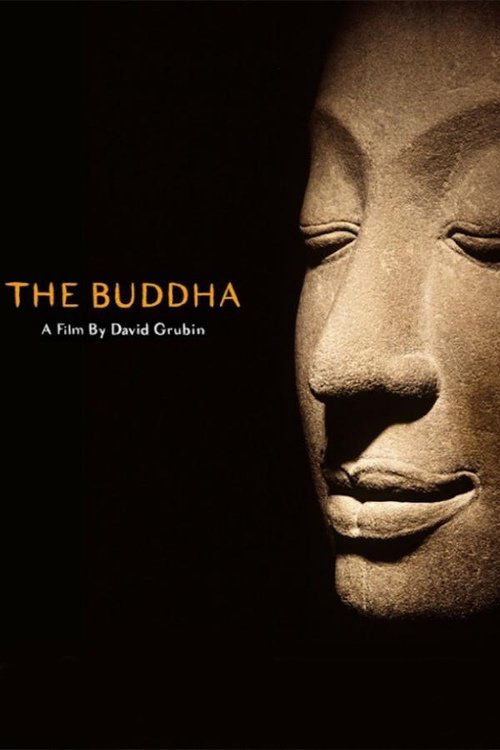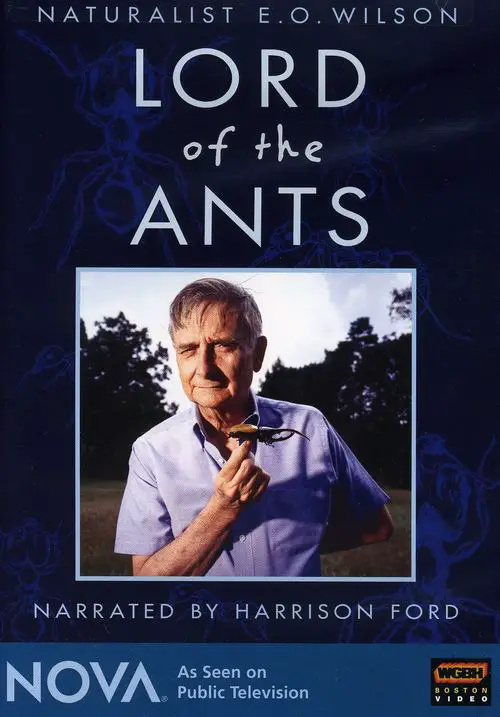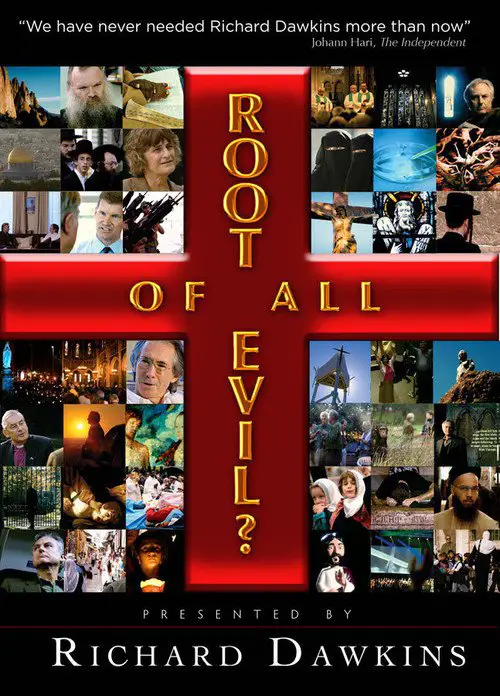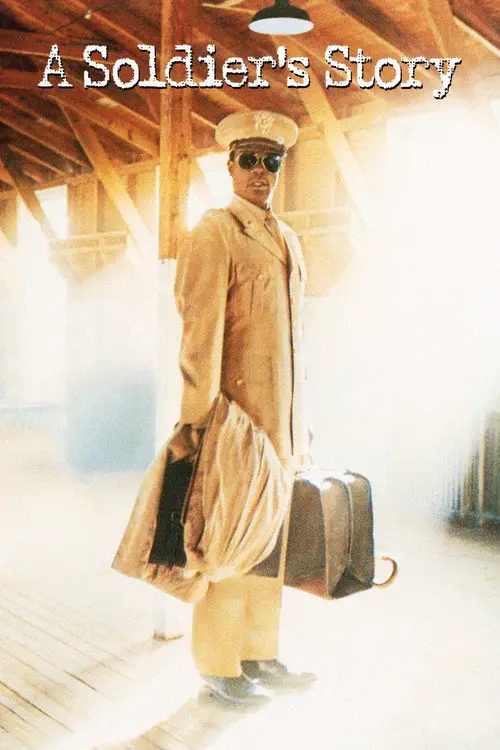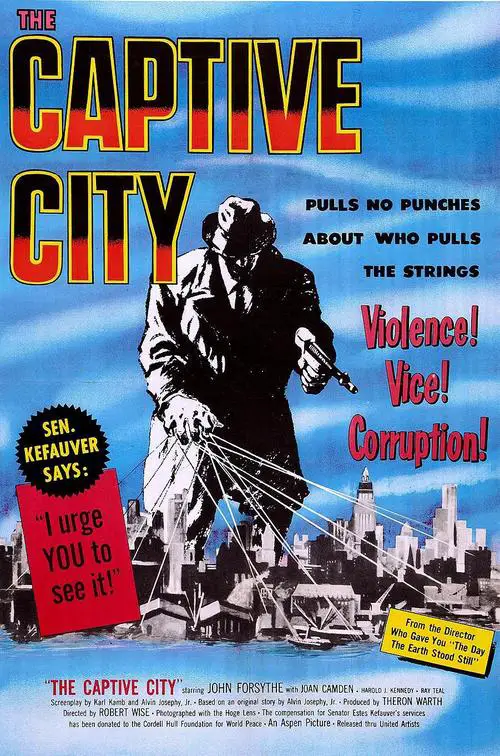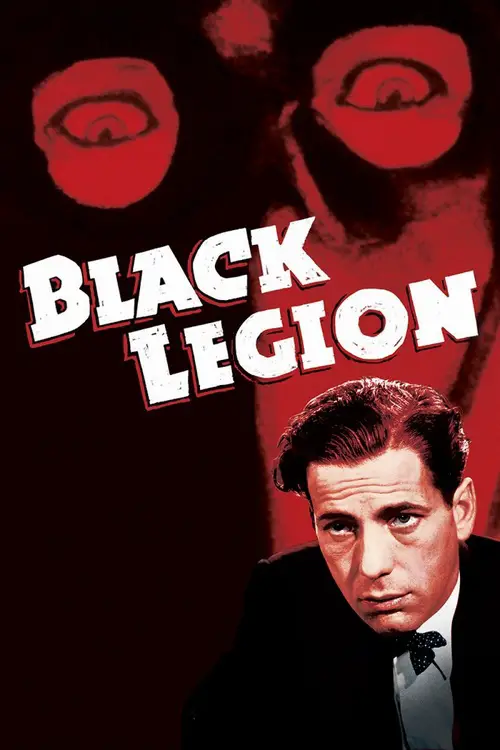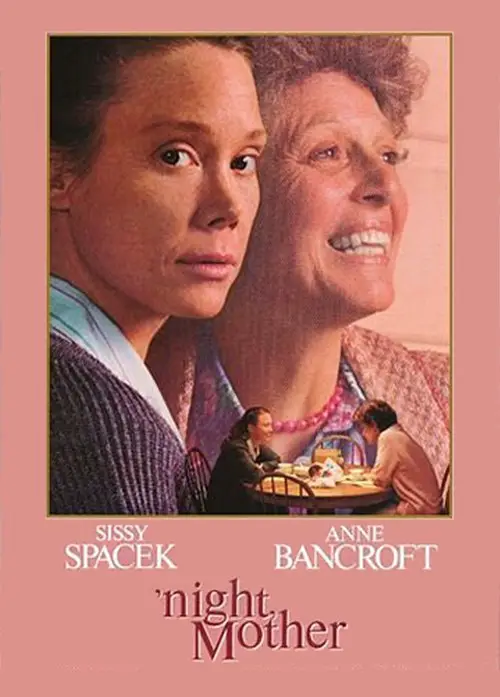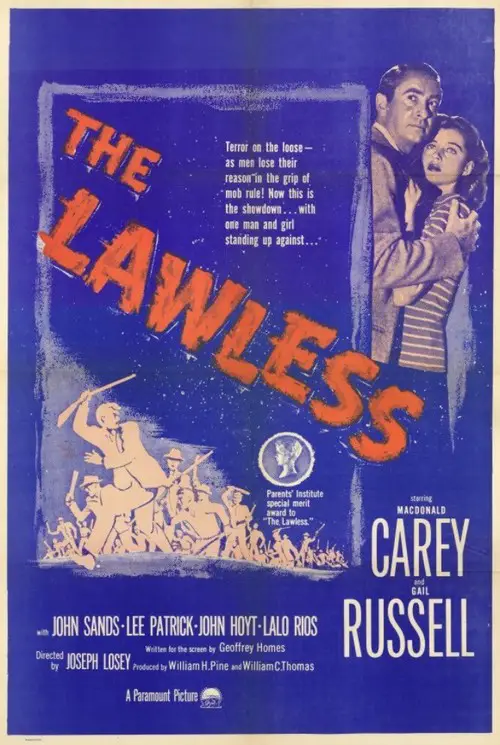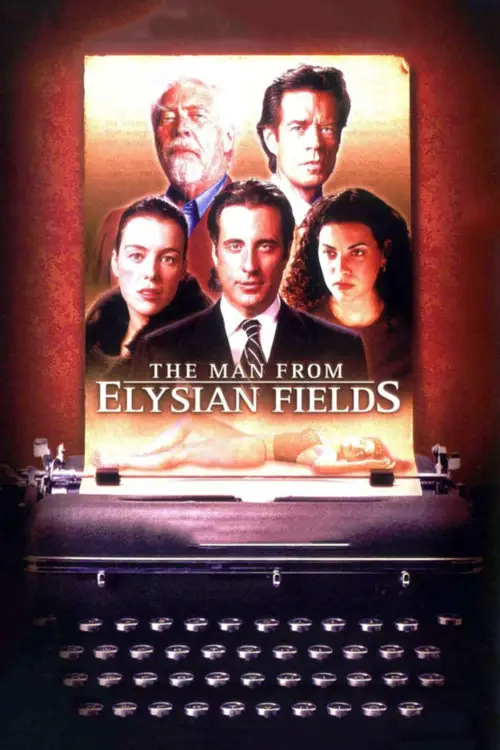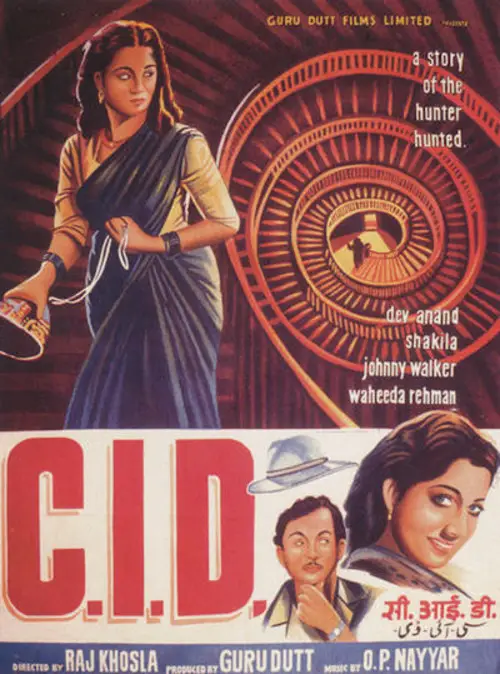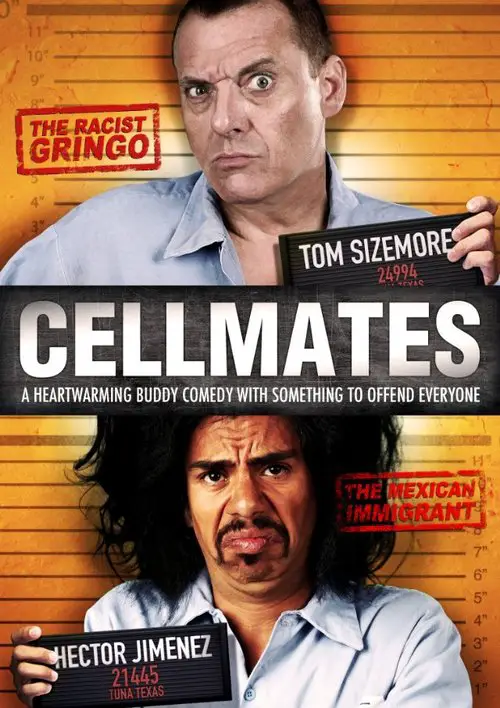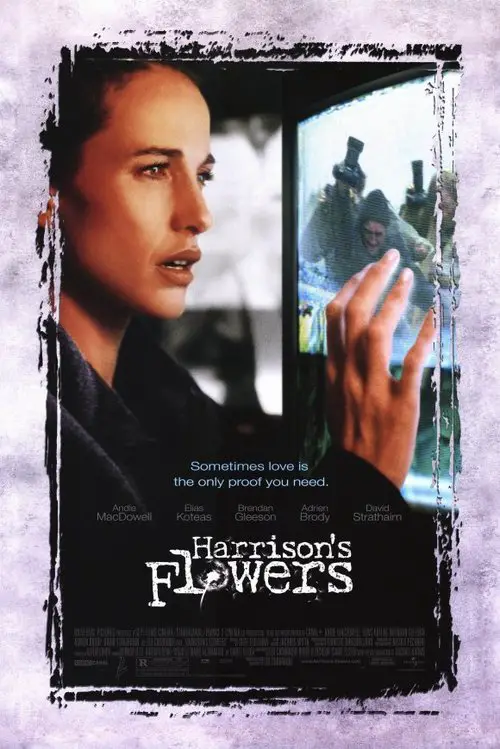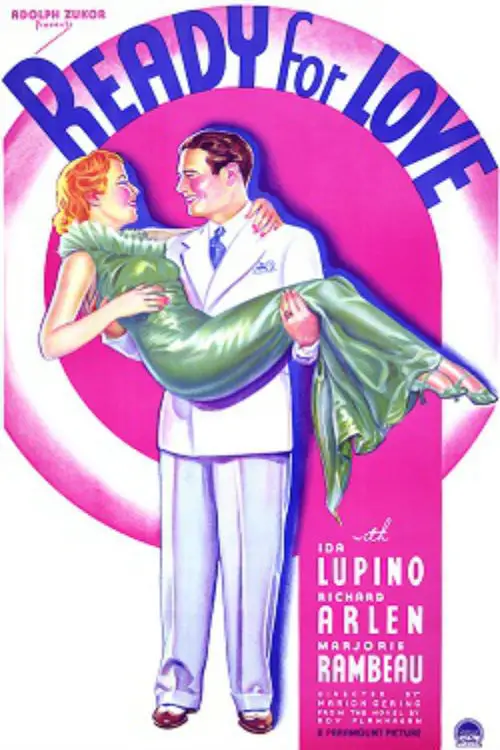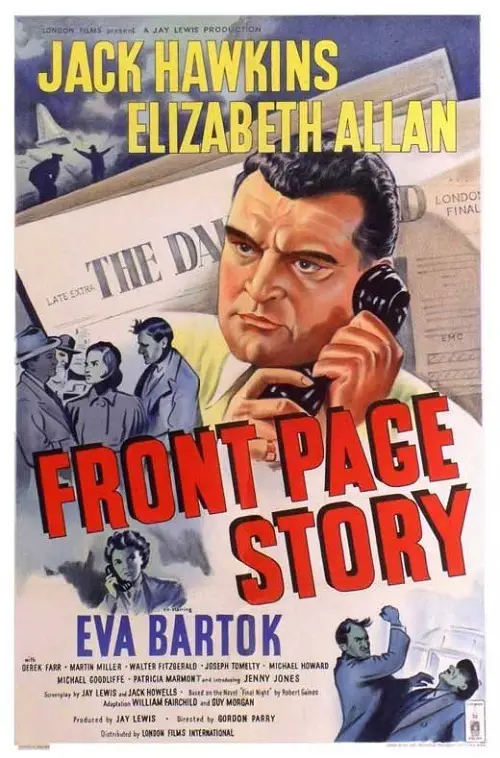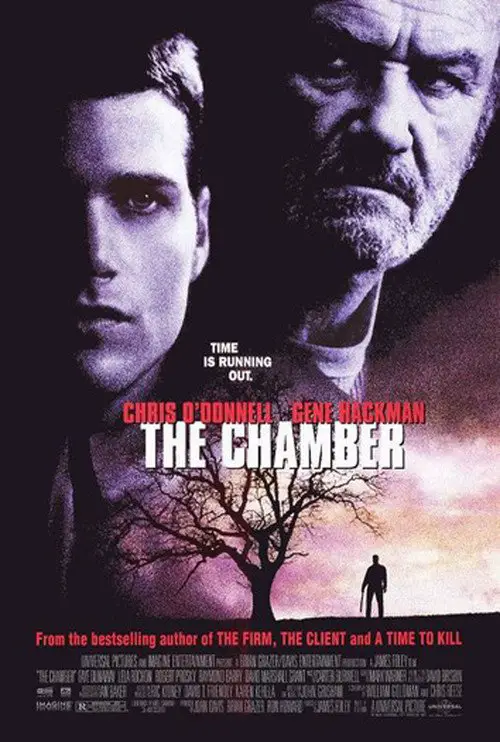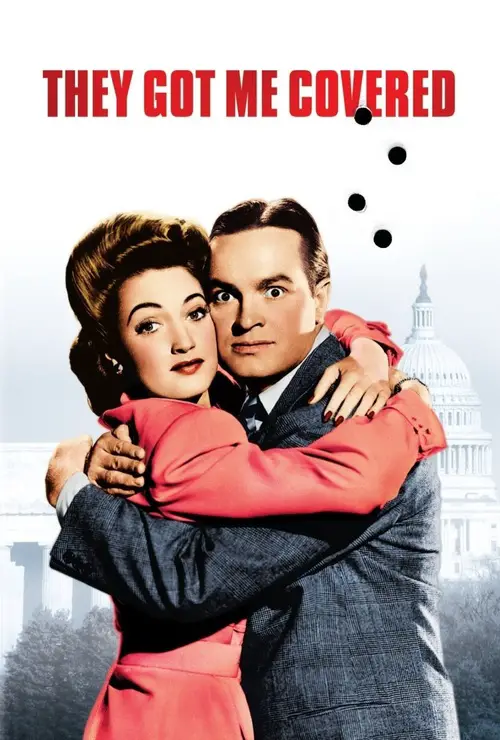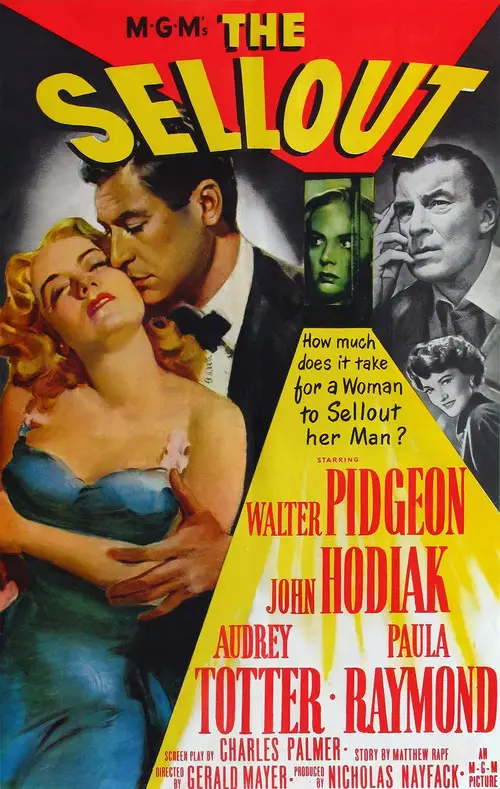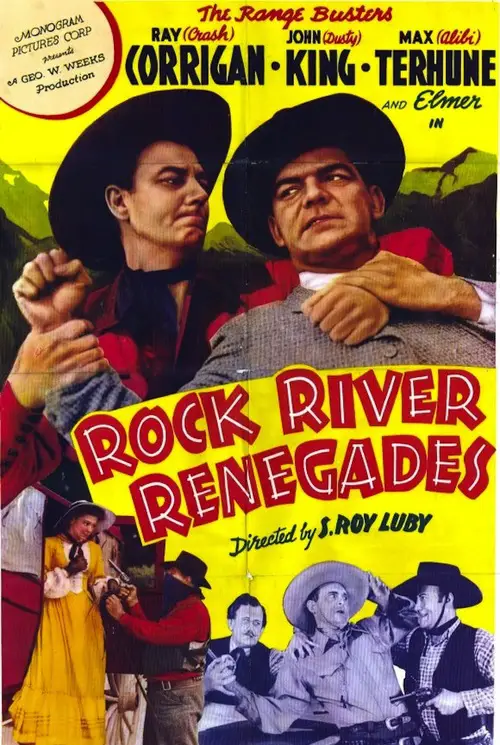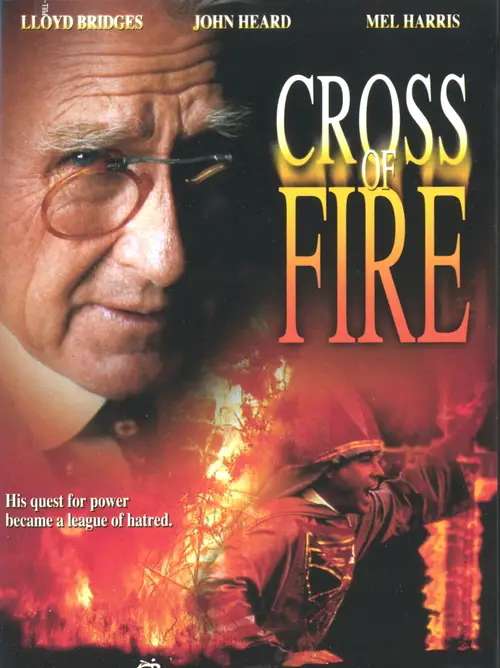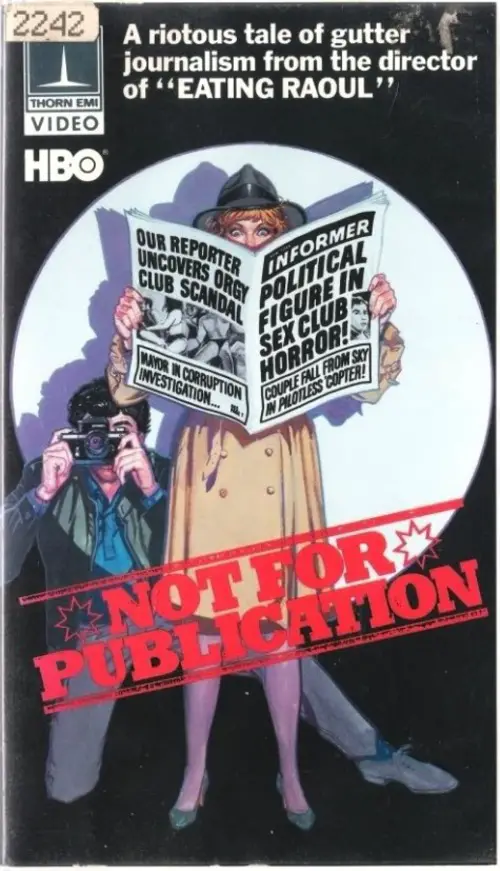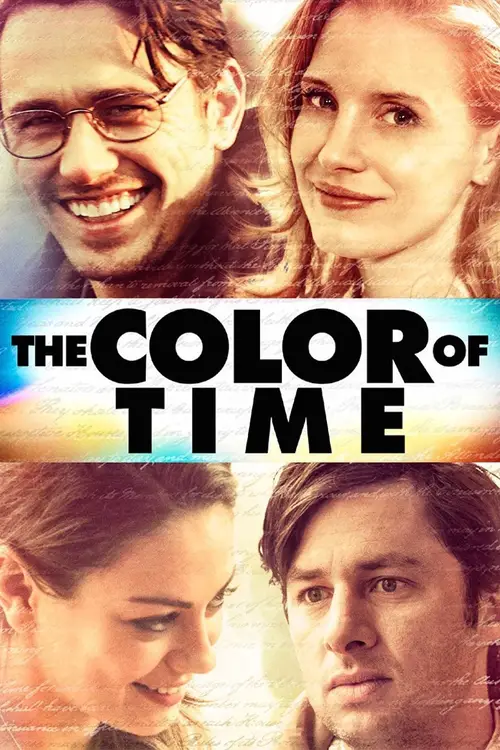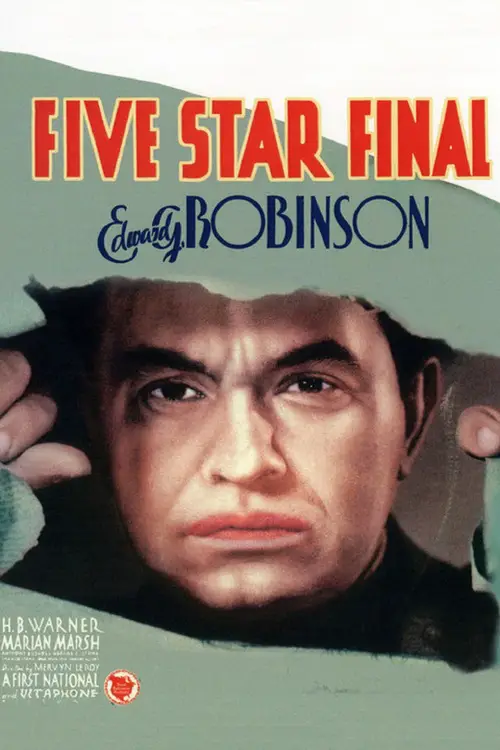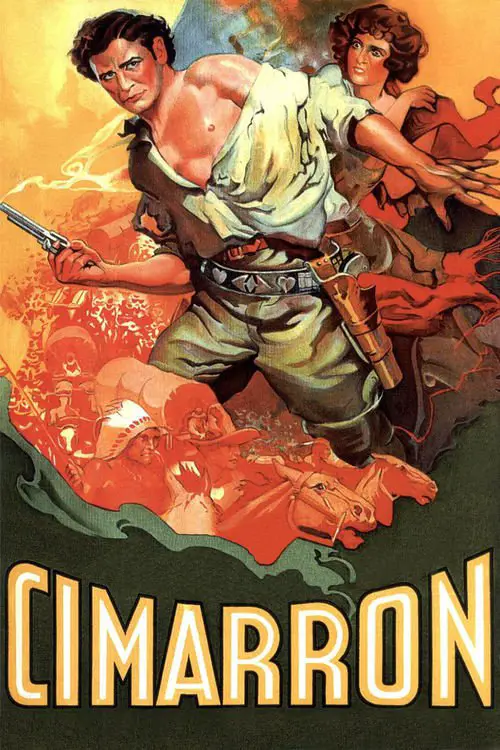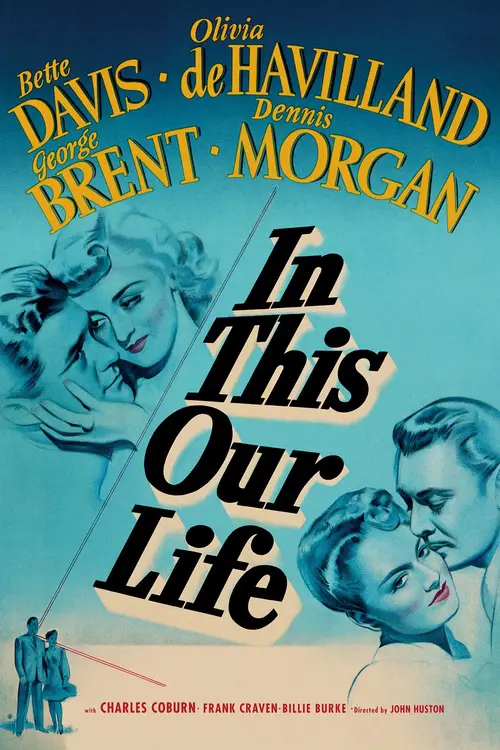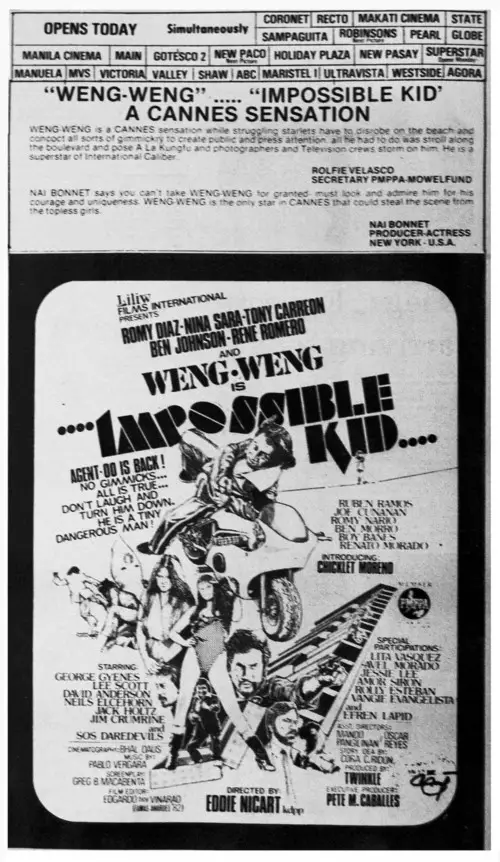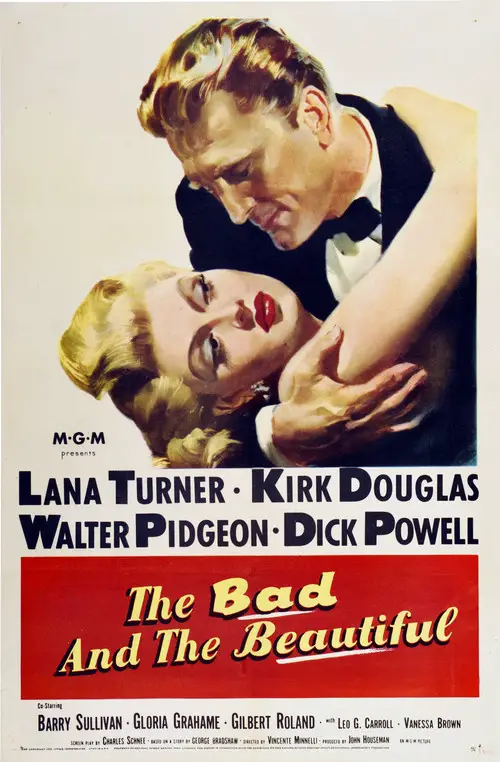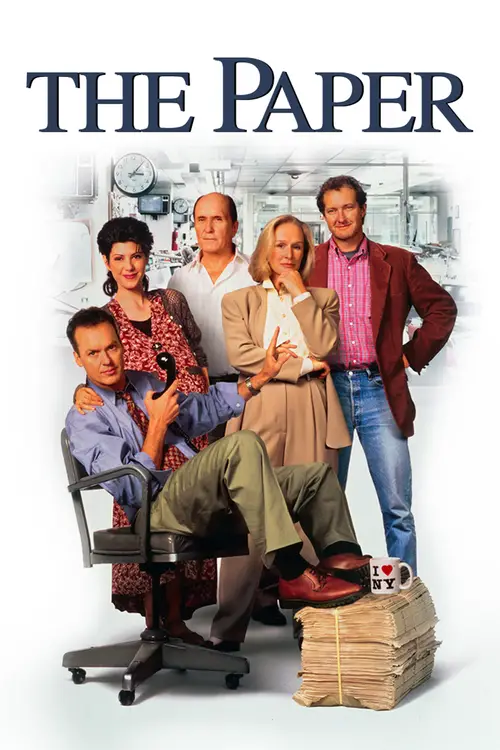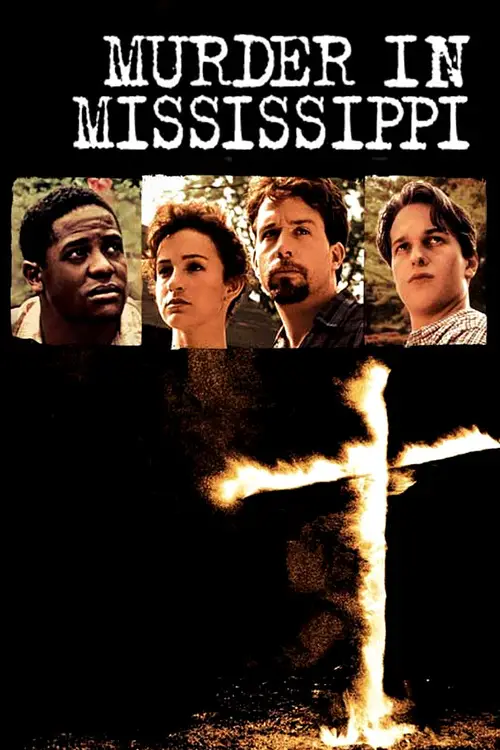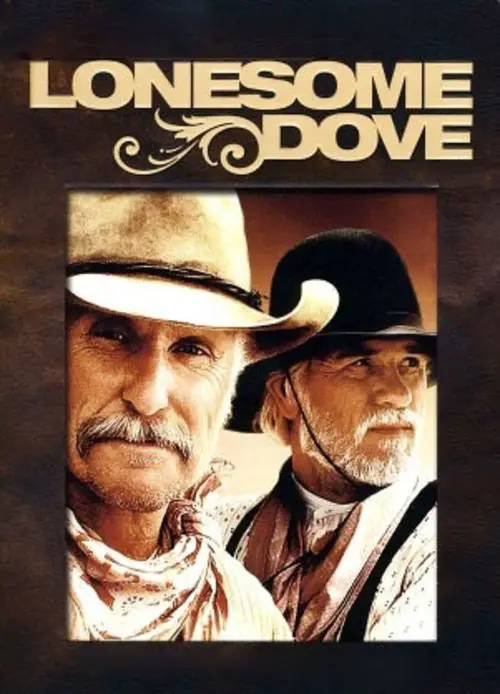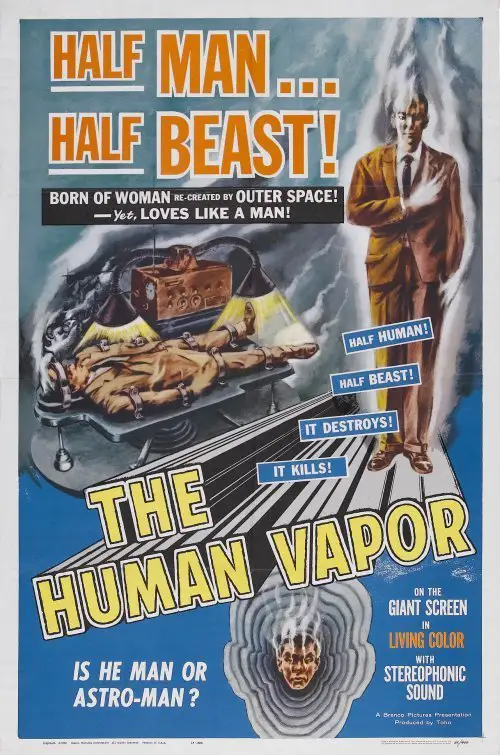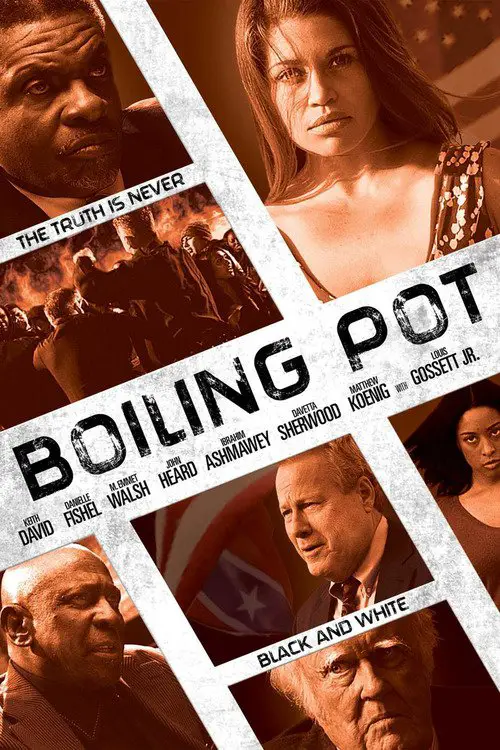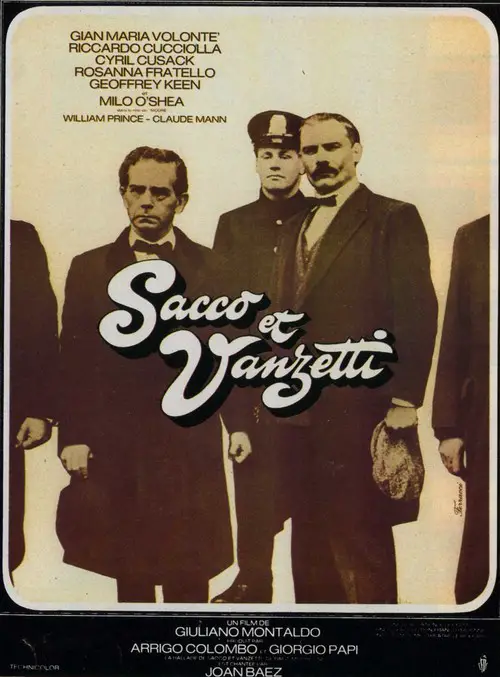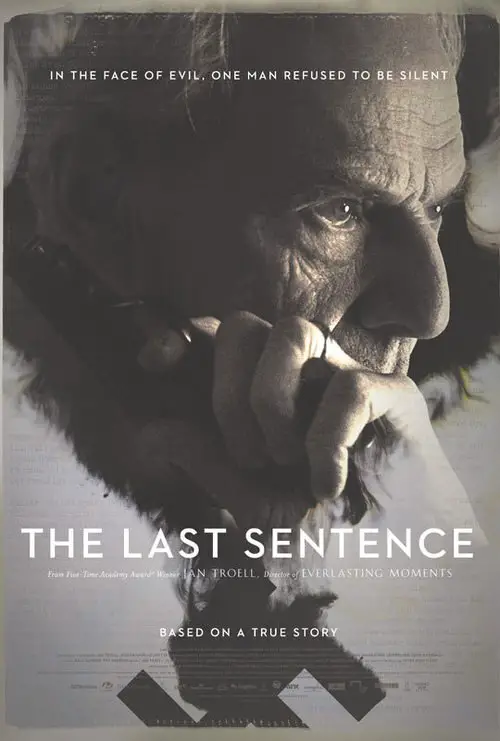The Editor and The Dragon: Horace Carter Fights the Klan (2013)
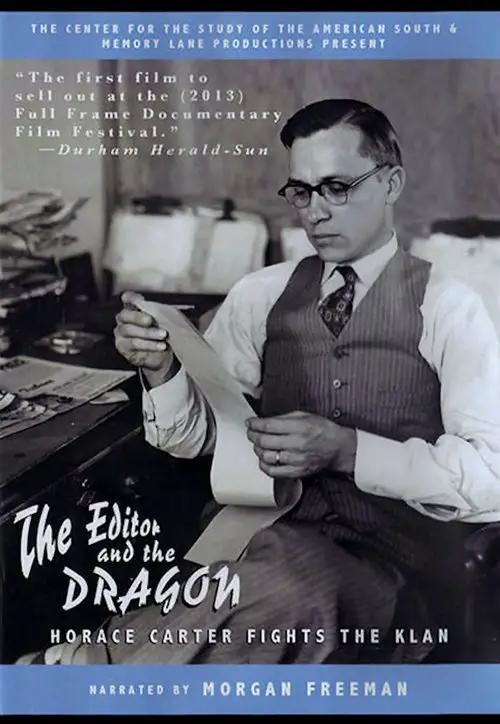
Similar movies
Life Itself recounts the surprising and entertaining life of renowned film critic and social commentator Roger Ebert. The film details his early days as a freewheeling bachelor and Pulitzer Prize winner, his famously contentious partnership with Gene Siskel, his life-altering marriage, and his brave and transcendent battle with cancer.
John Lennon, David Bowie, Julian Lennon, and Yoko Ono Lennon are featured in this portrait of the life of musician John Lennon. A documentary about former Beatle John Lennon, narrated by Lennon himself, with extensive material from Yoko Ono's personal collection. This feature-film biography of the legendary rock musician includes previously unseen footage from Lennon's private archives, as well as interviews with his first wife Cynthia, second wife Yoko Ono and sons Julian and Sean. Narrated in Lennon's own voice, IMAGINE was taken from the 240 hours of personal film and video from the star's private collection. Directed by Andrew Solt (who is also responsible for the rockumentary THIS IS ELVIS,) this unique film gives fan a look at the enigmatic, innovative, and often changing pop revolutionary that is unavailable anywhere else.
In GLOBAL METAL, directors Scot McFadyen and Sam Dunn set out to discover how the West's most maligned musical genre - heavy metal - has impacted the world's cultures beyond Europe and North America. The film follows metal fan and anthropologist Sam Dunn on a whirlwind journey through Asia, South America and the Middle East as he explores the underbelly of the world's emerging extreme music scenes; from Indonesian death metal to Chinese black metal to Iranian thrash metal. GLOBAL METAL reveals a worldwide community of metalheads who aren't just absorbing metal from the West - they're transforming it - creating a new form of cultural expression in societies dominated by conflict, corruption and mass-consumerism.
In 2011, Pulitzer Prize-winning journalist Jose Antonio Vargas outed himself as an undocumented immigrant in the New York Times Magazine. 'Documented' chronicles his journey to America from the Philippines as a child; his journey through America as an immigration reform activist/provocateur; and his journey inward as he re-connects with his mother, whom he hasn't seen in 20 years.
Brash boxer Cassius Clay burst into the American consciousness in the early 1960s, just ahead of the Civil Rights movement. His transformation into the spiritually enlightened heavyweight champion Muhammad Ali is legendary, but this religious awakening also led to a bitter legal battle with the U.S. government after he refused to serve in the Vietnam War. This film reveals the perfect storm of race, religion and politics that shaped one of the most recognizable figures in sports history.
When Marvin Hamlisch passed away in August 2012 the worlds of music, theatre and cinema lost a talent the likes of which we may never see again. Seemingly destined for greatness, Hamlisch was accepted into New Yorkâs Juilliard School as a 6-year-old musical prodigy and rapidly developed into a phenomenon. With instantly classic hits âThe Way We Wereâ and âNobody Does It Betterâ and scores for Hollywood films such as The Swimmer, The Sting and Sophieâs Choice and the Broadway juggernaut A Chorus Line; Hamlisch became the go-to composer for film and Broadway producers and a prominent presence on the international Concert Hall circuit. His streak was staggering, vast, unprecedented and glorious, by the age of 31 Hamlisch had won 4 Grammys, an Emmy, 3 Oscars, a Tony and a Pulitzer prize: success that burned so bright, it proved impossible to match.
WHITEY: United States of America v. James J. Bulger captures the sensational trial of infamous gangster James 'Whitey' Bulger, using the legal proceedings as a springboard to explore allegations of corruption within the highest levels of law enforcement. Embedded for months with Federal Prosecutors, retired FBI and State Police, victims, lawyers, gangsters and journalists, Academy Award-nominated filmmaker Joe Berlinger examines Bulger's relationship with the FBI and Department of Justice that allowed him to reign over a criminal empire in Boston for decades. Pulling back the curtain on long-held Bulger mythology, the film challenges conventional wisdom by detailing shocking, new allegations. With unprecedented access, Berlinger's latest crime documentary offers a universal tale of human frailty, opportunism, deception, and the often elusive nature of truth and justice.
The Song of the Rivers, or Das Lied der Ströme, is a 1954 documentary production by the East Germany's Deutsche Film-Aktiengesellschaft (DEFA). Dutch filmmaker Joris Ivens was the leading director. The sprawling film celebrates international workers movements along six major rivers: the Volga, Mississippi, Ganges, Nile, Amazon and the Yangtze. Shot in many countries by different film crews, and later edited by Ivens, Song of the Rivers begins with a lyrical montage of landscapes and laborers and proceeds to glorify labor and modern industrial machinery. The musical score is by Dmitri Shostakovich, with lyrics written by Berthold Brecht, and songs performed by German communism's star Ernst Busch and famous American actor, singer and activist Paul Robeson who also narrates. Song of the Rivers is an ode to international solidarity.
Relive the glory moments of John F. Kennedy's life as A&E's award-winning "Biography" series presents the compelling story of this unforgettable leader and the rich dynasty he left behind. John F. Kennedy will always be remembered as the youthful president who inspired America, a charismatic leader who gave the nation a sense of pride and confidence. His sharp mind, quick wit, and boundless determination won him friends, confidantes, and devoted followers. A World War II hero, respected senator, and author of the Pulitzer Prize-winning "Profiles in Courage," Kennedy regarded life as a race against boredom. Through archival footage and interviews with friends, famous journalists, Hollywood actors, and former staffers- including ex-cabinet member John Kenneth Galbraith- "JFK: A Personal Story" revisits pivotel moments of Kennedy's life and presidency with clarity and insight.
This documentary for PBS by award-winning filmmaker David Grubin and narrated by Richard Gere, tells the story of the Buddhaâs life, a journey especially relevant to our own bewildering times of violent change and spiritual confusion. It features the work of some of the worldâs greatest artists and sculptors, who across two millennia, have depicted the Buddhaâs life in art rich in beauty and complexity. Hear insights into the ancient narrative by contemporary Buddhists, including Pulitzer Prize winning poet W.S. Merwin and His Holiness the Dalai Lama. Join the conversation and learn more about meditation, the history of Buddhism, and how to incorporate the Buddhaâs teachings on compassion and mindfulness into daily life.
The atomic bomb, the specter of a global nuclear holocaust, and disasters like Fukushima have made nuclear energy synonymous with the darkest nightmares of the modern world. But what if everyone has nuclear power wrong? What if people knew that there are reactors that are self-sustaining and fully controllable and ones that require no waste disposal? What if nuclear power is the only energy source that has the ability to stop climate change?
In this two-part Channel 4 series, Professor Richard Dawkins challenges what he describes as 'a process of non-thinking called faith'. He describes his astonishment that, at the start of the 21st century, religious faith is gaining ground in the face of rational, scientific truth. Science, based on scepticism, investigation and evidence, must continuously test its own concepts and claims. Faith, by definition, defies evidence: it is untested and unshakeable, and is therefore in direct contradiction with science. In addition, though religions preach morality, peace and hope, in fact, says Dawkins, they bring intolerance, violence and destruction. The growth of extreme fundamentalism in so many religions across the world not only endangers humanity but, he argues, is in conflict with the trend over thousands of years of history for humanity to progress to become more enlightened and more tolerant.
Johnny Barrett, an ambitious journalist, is determined to win a Pulitzer Prize by solving a murder committed in a lunatic asylum and witnessed only by three inmates, from whom the police have been unable to extract the information. With the connivance of a psychiatrist, and the reluctant help of his girlfriend, he succeeds in having himself declared insane and sent to the asylum. There he slowly tracks down and interviews the witnesses - but things are stranger than they seem ...
In the towm of Tynen, Louisiana, a black Master Sergeant is found shot to death just outside the local Army Base. A military lawyer, also a black man, is sent from Washington to conduct an investigation. Facing an uncooperative chain of command and fearful black troops, Captain Davenport must battle with deceipt and prejudice in order to find out exactly who really did kill Sergeant Waters.
It happened in 1983. It was a rare and remarkable theatrical experience. Controversial. Provocative. And shocking. Now, two Academy Award-winning actresses make the Pulitzer Prize-winning play the motion picture event of the year. What would you do if someone you loved sat down with you one night and calmly told you that they were going to end their life before morning?
The Birth of A Nation is a silent film from 1915 and the highest grossing silent film in film history. The film tells a romance story during the American civil war. Director Griffith created many new camera effects and innovations in filming the movie. Way ahead of it's time in many regards. That said this movie will offend most people today. The very negative portrayal of newly freed slaves (mostly white actors in black face) went on to create and propagate negative images of blacks of the early 20th century in the Unites States. This film was used as a recruiting propaganda by the KKK until the 1940's.
A newspaper editor, Shrivastav, is killed when he was about to expose the underworld links of a very rich and influential person. C.I.D. Inspector Shekhar is assigned to this case, an investigation of which leads him to suspect Dharamdas and his men. But Dharamdas spins a web of lies and deceit, and Shekhar himself becomes a suspect, and is arrested by the police, and loses his job, leaving Dharamdas and his men to carry on undeterred.
Leroy Lowe, grand dragon of the Texas Ku Klux Klan confronts everything he's been taught to hate when he's sentenced to three years of hard labor on a prison work farm, where Warden Merville, dead set on rehabilitating Leroy, chooses Emilio, a Hispanic field worker imprisoned for fighting for labor rights, to be his cell-mate. Leroy, confined in a small cell with the enemy, far from the KKK comrades who deserted him, finds the chatty Emilio slowly chipping away at his anger and prejudice. His weekly rehabilitation meetings with the warden, barely tolerable as the man drones on about farm labor and field crops, take on a different meaning when Madalena, a beautiful Mexican maid is hired to clean the warden's office. An unconventional love story develops that opens Leroy's eyes to the possibility of a different life. And a man who was a born and bred racist finds himself heading down a completely different path to salvation.
Harrison Lloyd is a Pulitzer-winning photojournalist. His wife and family are making it hard for him to keep his mind on his work when he's in a war zone, and he wants to change jobs to something less stressful. But he's got one last assignment, in war-torn Yugoslavia, in 1991, at the height of the fighting. Word comes back that he apparently died in a building collapse, but his wife Sarah (also a journalist for Newsweek) refuses to believe that he's dead and goes looking for him. She's helped immensely by the photo-journalists Eric Kyle and Marc Stevenson that she runs into over there; together, they're determined to make it through the chaotic landscape to Vukovar, which is not only the nexus of the war but where she believes Harrison is located. Meanwhile, Harrison's son Cesar is looking after his father's prized greenhouse, keeping hope, and flowers, alive.
In this fluffy romance, a young woman fights against the narrow-minded residents of her small town. The trouble begins when a young woman flees her boarding school to stay with her retired aunt, a former actress, who try as she might, has never been welcomed into the snobbish community in which she resides. The young woman too, is shunned and ends up being victimized in witchcraft trial and ducked into a pool of water.
When the students of Angel Beach High decide to stage "An Evening With Shakespeare," their efforts are threatened by Miss Balbricker, who views the works of Shakespeare as obscene. She enlists the help of Reverend Bubba Flavel, a religious fanatic who brings along his flock of followers to pressure the school into shutting down the production.
Having survived the hatred and bigotry that was his Klansman grandfather's only legacy, young attorney Adam Hall seeks at the last minute to appeal the old man's death sentence for the murder of two small Jewish boys 30 years before. Only four weeks before Sam Cayhall is to be executed, Adam meets his grandfather for the first time in the Mississippi prison which has held him since the crime. The meeting is predictably tense when the educated, young Mr. "Hall" confronts his venom-spewing elder, Mr. "Cayhall," about the murders. The next day, headlines run proclaiming Adam the grandson who has come to the state to save his grandfather, the infamous Ku Klux Klan bomber. While the old man's life lies in the balance, Adam's motivation in fighting this battle becomes clear as the story unfolds. Not only does he fight for his grandfather, but perhaps for himself as well. He has come to heal the wounds of his own father's suicide...
Bumbling reporter Robert Kittredge has been fired after bungling his latest assignment. His career isn't all he's botched up: his girlfriend Chris is tired of waiting for him to marry her. When he gets a hot tip on some Nazi spies operating in Washington, D.C., he convinces Chris to help him break the story so he can get his job back. The pair soon find themselves in several awkward predicaments as they track the criminals down in a night club, a burlesque show, and face a final showdown at a beauty salon.
Based on Pulitzer Prize-winning humorist Dave Barry's best-selling first novel, "Big Trouble" tells the story of how a mysterious suitcase brings together, and changes, the lives of a divorced dad, an unhappy housewife, two hitmen, a pair of street thugs, two love struck teens, two FBI men and a psychedelic toad.
Having trouble with outlaws, Marshal Graham sends for his friends the Range Busters. Newspaper editor Ross, dissatisfied with Graham, forms a vigilante committee and puts Jim Dawson in charge not knowing he is the leader of the outlaw gang. Dawson then has his men frame Crash and Dusty for robbery and murder and then has them set out to lynch the two.
An explosive true story of romance, murder and revenge set in the turbulent 1920's, creates a unique event that draws upon the past to comment on the present. John Heard, Mel Harris, David Morse, George Dzunda, Donald Muffat, Kim Hunter and Lloyd Bridges start in this powerful account of the rise and fall of Ku Klux Klan Grand Dragon D.C. Stephenson. The film is based on the true story of the Klan's activities in Indianapolis.
This is a bizarre film, almost completely melodramatic. The screenplay by Howard Koch is based on the 1941 Pulitzer Prize-winning novel of the same title by Ellen Glasgow.Completed in 1942 after the US had joined the war, the film was disapproved in 1943 for foreign release by the wartime Office of Censorship, because it dealt truthfully with racial discrimination as part of its plot. It was Huston's second movie and as he put it: âIt was the first time [in an American film], I believe, that a black character was presented as anything other than a good and faithful servant or comic relief.â.
Weng Weng plays an agent, code-named â00â who works for the Manila branch of Interpol. The Chief sends him in pursuit of an arch villain, Mr X, whose white sock covered head is reminiscent of the Ku Klux Klanâs pointed hoods. When Mr X holds the Philippines for ransom two businessmen, Maolo and Simeon, pay his demands. Weng Weng suspects foul play and goes deep undercover to reveal the true identity of the mysterious Mr X.
Told in flashback form, the film traces the rise and fall of a tough, ambitious Hollywood producer Jonathan Shields, as seen through the eyes of various acquaintances, including a writer James Lee Bartlow, a star Georgia Lorrison and a director Fred Amiel. He is a hard-driving, ambitious man who ruthlessly uses everyone - including the writer, star and director - on the way to becoming one of Hollywood's top movie makers.
Lonesome Dove is a Western television miniseries based on Larry McMurtry's Pulitzer Prize-winning novel of the same name. Starring Robert Duvall and Tommy Lee Jones, Lonesome Dove was originally broadcast by CBS on February 5, 1989, drawing a huge viewing audience, earning numerous awards, and reviving both the television western and the miniseries.
A librarian is subject to a scientific experiment which goes wrong and transforms him into 'The Human Vapour'. He uses his new ability to rob banks to fund the career of his girlfriend, a beautiful dancer. The Human Vapour is ruthless in his quest for money and kills anyone who stands in his way, especially police. He soon becomes Tokyo's most wanted criminal. Can he be stopped before he kills again?
Renowned journalist Torgny Segerstedt declares war against Hitler as he criticizes Swedish politicians who tried to look away from the tyranny of the Nazis with the good excuse of âneutralismâ. His only weapon is his pen and his life is full of gossip such as an affair with his bossâ wife, a love scandal with a secretary younger than his daughter, and the suicide of his wife. However, he continues to fight a one man battle against Hitler and the Nazi regime until his death, throwing the question âCan one person really change history?â to the audience.
© Valossa 2015–2026
| Privacy Policy
